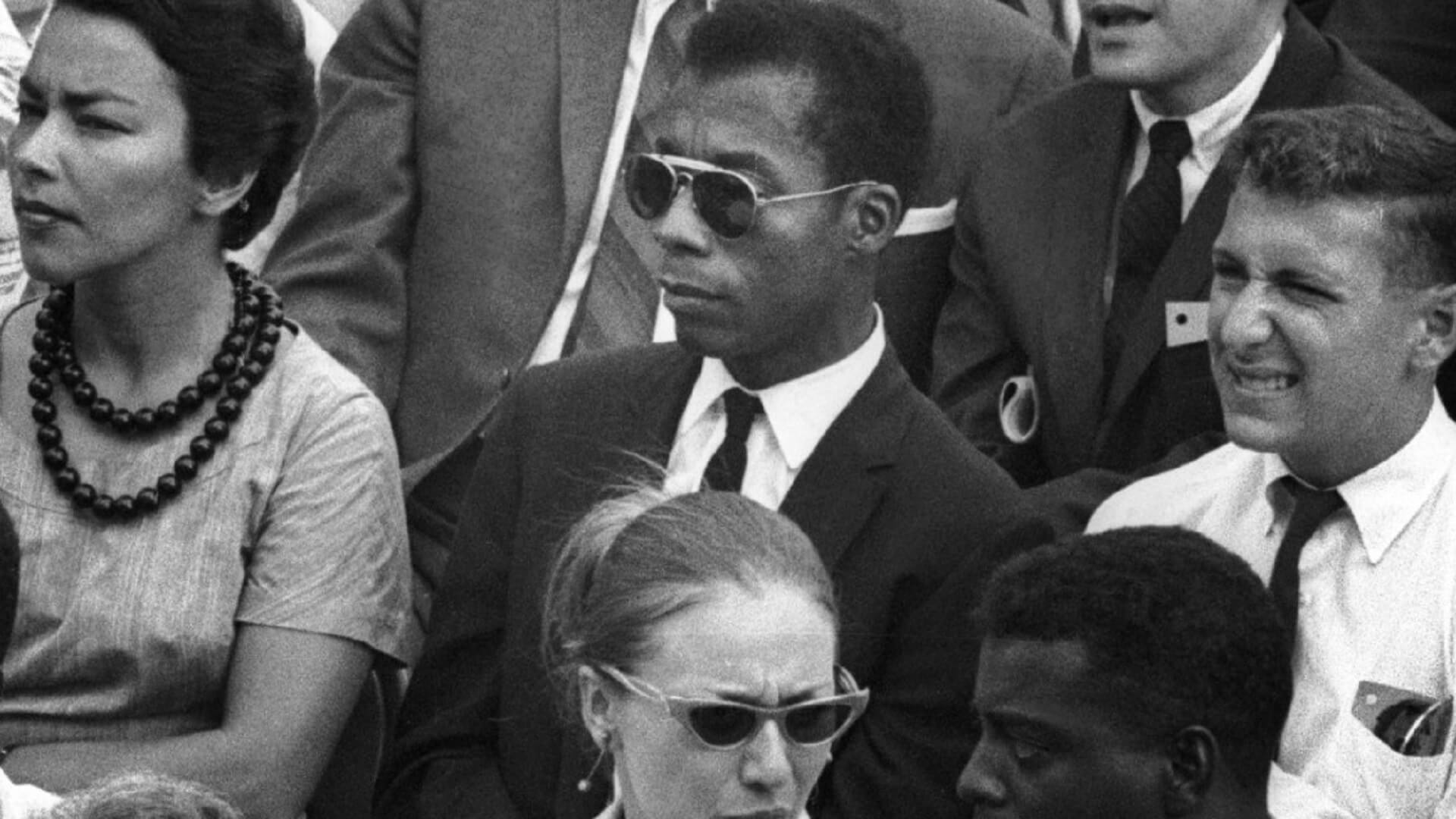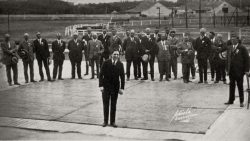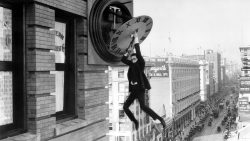Posted February 13, 2017
The Purchase Beat Reviews I Am Not Your Negro
By Kerby Marcelin, Purchase College
Thank you to The Purchase Beat for allowing us to reprint this review.
Raoul Peck’s Oscar-nominated documentary “I Am Not Your Negro” acquaints the world with the architect in writer and social critic James Baldwin. An architect whose plan rests on his perspicuous, poignant, and thought-provoking words. Peck beautifies the design with his searing, clamorous, yet digestible cinematic composition. This fragmented, philosophical architecture is polished by the balmy, commanding, and velvety voice of Samuel L. Jackson. The intellectual and artistic sparkle of the trio constructs a bridge. The vehicles on that bridge are: race, freedom, and social maturity. This is a bridge that the American Republic would prefer to avoid. The bridge that connects the past and the present, but directs to a future of uncertainty. In that sense, Baldwin is a prophet.
This documentary would not be as scorching without the elegant and meaty prose of Baldwin in his unpublished and unfinished book “Remember This House,” a reminiscence of the lives, assassinations, and significance of Medgar Evers, Malcolm X, and Martin Luther King Jr. in American history. These three black heroes were on divergent paths toward a common destination. Baldwin, an unbiased thinker, wanted the lives of his friends “to bang against and reveal one another as they did in life.” The posthumous chef d’oeuvre is, in its nature, a 30-page exploration of race relations in the United States. Treasures like “Notes of A Native Son” and “The Devil Finds Work” jumbled with–Baldwin’s penetrating, unpublished words and television appearances–paint his unblemished understanding of the intense, conflicting motifs of this country’s history.
The Haitian filmmaker splatters clips of old talk shows and news reports as well as classic movies and commercials on the screen, offering an arresting gaze at the past and its obtrusive dependence on race. From gripping scenes of a 15-year-old Dorothy Counts walking to an all-white school in the midst of raging protests to occasional bits of Baldwin on camera, Peck simply demands the audience to feel and cogitate. Baldwin, a poised figure, in his well-fitted suit and tie–shifts the cigarette between his fingers–cultivating judgement of his peerless intellect even before he delivers his logical statements. Peck permits the past to flow through the present as he showcases visuals of Ferguson and the Black Lives Matter movement–grazing on the presidency of Barack H. Obama, the first African-American to attain this honor–21 years after Baldwin’s death. Nevertheless, this “post-racial” society is doused in racial tensions. The presence of the photographs of Tamir Rice and Trayvon Martin in the documentary point to that reality.
Peck, a political activist whose films have commented on the state of his homeland, Patrice Lumumba’s arduous journey, and Karl Marx’s enthralling youth–dives into Baldwin’s mind and grabs a spotless comprehension of his being and vision. Peck lets Baldwin’s words float through to the present; he carries his prophecy. In one of the clips, Baldwin, while on the “Dick Cavett Show,” schools Paul Weiss–a white Yale scholar who reproaches him for his focus on racial matters–on why race is so relevant. The film emphasizes that relevance today as it encircles the idea that white America is uncomfortable with the topic of race and often feels the need to defend something that’s not an attack on identity, but a reflection of reality. The 90-minute piece is summed up by these golden words: “History is not the past. It’s the present. We carry our history with us.”
I Am Not Your Negro is now open. Tickets are available here.



